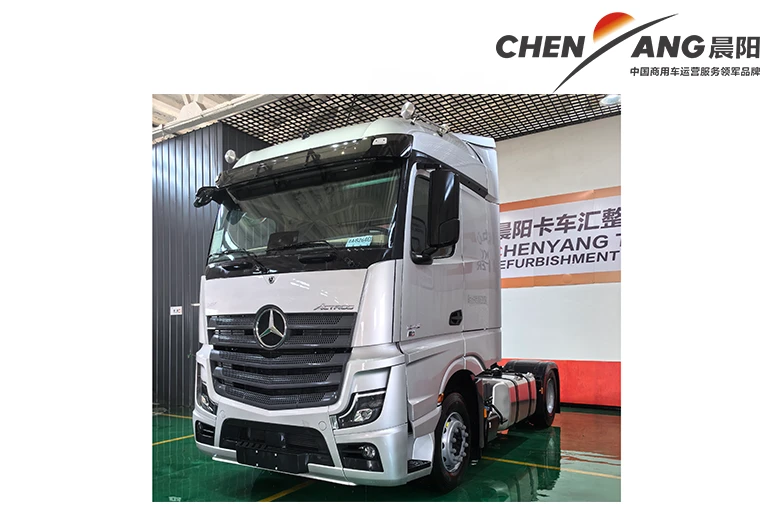agricultural and biosystems power and machinery
Agricultural and Biosystems Power and Machinery Advancements and Impacts
Agriculture has always been a cornerstone of human civilization, serving as the primary means of sustenance for the growing global population. As the world faces challenges such as climate change, dwindling resources, and increasing food demands, the need for innovation in agricultural practices becomes ever more critical. Among these innovations, advancements in agricultural and biosystems power and machinery play a pivotal role in enhancing productivity, sustainability, and efficiency in farming practices.
The concept of agricultural and biosystems engineering encompasses the application of engineering principles and technology to the production and processing of food, fiber, and other agricultural products. This multidisciplinary field integrates elements from mechanical engineering, biological sciences, and environmental studies to devise solutions that address the complexities of modern agriculture.
One of the most significant advancements in agricultural machinery has been the development of precision farming tools. Precision agriculture utilizes technology such as GPS, sensors, and IoT (Internet of Things) devices to collect data on soil conditions, crop health, and weather patterns. This data allows farmers to make informed decisions about planting, fertilization, and irrigation, thereby optimizing resource use and minimizing waste. For instance, variable rate technology enables farmers to apply fertilizers and pesticides more efficiently, reducing chemical usage and its impact on the environment.
Moreover, advancements in machinery have led to the emergence of autonomous equipment, including drones and robotic harvesters. Drones equipped with advanced imaging technologies can monitor crop conditions from above, identifying areas that require attention. Robotic systems, on the other hand, can automate labor-intensive tasks such as planting, weeding, and harvesting, addressing labor shortages and improving the speed and efficiency of operations. These technologies not only increase productivity but also reduce the physical strain on workers, making farming a more accessible occupation.
agricultural and biosystems power and machinery

The integration of renewable energy sources into agricultural machinery is another noteworthy trend. Solar-powered equipment and biogas generation from organic waste reduce reliance on fossil fuels, promoting sustainability within the agricultural sector. By harnessing renewable energy, farmers can lower operational costs and minimize their carbon footprint, contributing to a greener future for agriculture.
Furthermore, the role of machinery in biosystems engineering cannot be overstated, particularly in the context of food processing and waste management. Innovations in machinery designed for post-harvest treatment, such as drying, cooling, and packaging, enhance the quality and shelf life of agricultural products. Efficient waste management systems, including anaerobic digesters, convert agricultural by-products into biogas, creating a circular economy within the agricultural industry.
However, the rapid advancement of technology in agriculture also raises important considerations regarding accessibility and equity. Small-scale farmers may struggle to adopt new technologies due to high costs and limited access to resources. Therefore, initiatives that promote knowledge sharing, training, and subsidized access to modern machinery are essential to ensure that all farmers can benefit from these innovations.
In conclusion, the field of agricultural and biosystems power and machinery is vital for addressing the challenges facing global agriculture today. Through the integration of precision farming, autonomous equipment, renewable energy, and efficient processing systems, we can enhance productivity, sustainability, and resilience in food production. As we move forward, it is crucial to foster inclusive growth that allows all farmers, regardless of scale, to leverage these advancements for a sustainable future. The journey towards a more efficient and environmentally conscious agricultural sector is ongoing, and the innovations in power and machinery will undoubtedly play a central role in shaping its trajectory.
-
Premium Body Chassis Car Solutions Durable Car Body Chassis & Square Body Chassis ManufacturerNewsJun.10,2025
-
Passenger and Commercial Vehicles Versatile Solutions for Every Need High Performance, Reliable SafetyNewsJun.10,2025
-
12 Passenger Vehicles for Rent – Spacious, Comfortable Multi-Passenger Rental OptionsNewsJun.10,2025
-
High-Quality Auto Headlights Durable Designs & Wholesale PricingNewsMay.30,2025
-
70 Seater Coach Hire - Spacious & Reliable Group Transportation SolutionsNewsMay.30,2025
-
High-Efficiency Crop & Land Cultivation Machines for Modern FarmsNewsMay.30,2025
Popular products

























